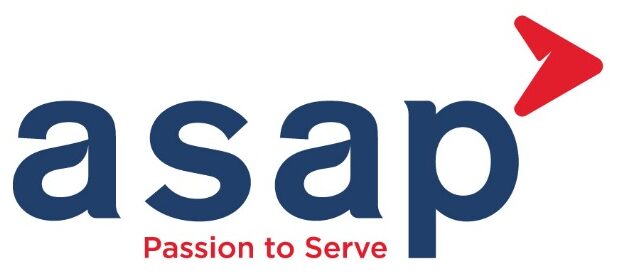Compliances
Licensing and Registration: Security agencies often need to obtain licenses or registrations from local or national regulatory bodies. This ensures that the agency meets certain standards and qualifications to operate legally.
Insurance Requirements: Security agencies may be required to maintain various types of insurance coverage, including general liability insurance, worker’s compensation insurance, and professional liability insurance. These policies help protect the agency, its employees, and clients in case of accidents, injuries, or other liabilities.
Background Checks: Security agencies are typically required to conduct thorough background checks on their employees, including criminal history checks, reference checks, and verification of qualifications. This helps ensure that only qualified and trustworthy individuals are employed in security roles.
Training and Certification: Security personnel may need to undergo specific training programs and obtain certifications to work in the industry. This could include training on security procedures, emergency response protocols, use of equipment and technology, and legal aspects of security operations.
Compliance with Privacy Laws: Security agencies must comply with relevant privacy laws and regulations when handling sensitive information about clients, employees, or the public. This includes safeguarding personal data, maintaining confidentiality, and adhering to data protection requirements.
Compliance with Labor Laws: Security agencies must comply with labor laws and regulations governing employment practices, including wages, hours of work, overtime pay, and workplace safety standards. This helps ensure fair treatment of employees and promotes a safe and healthy work environment.
Compliance with Industry Standards: Security agencies may need to adhere to industry-specific standards and best practices established by professional associations or regulatory bodies. This could include standards for security protocols, equipment maintenance, and operational procedures.
Compliance with Client Requirements: Security agencies must also comply with any specific requirements or standards set by their clients. This could include following client protocols, adhering to site-specific regulations, and maintaining confidentiality agreements.
Compliance with Use of Force Regulations: Security personnel must adhere to strict regulations regarding the use of force and firearms, if applicable. This includes training on de-escalation techniques, use-of-force guidelines, and compliance with legal requirements for self-defense.
Regular Audits and Inspections: Security agencies may be subject to regular audits and inspections by regulatory authorities or client organizations to ensure compliance with relevant regulations and standards. These audits help identify areas for improvement and ensure ongoing adherence to compliances.
